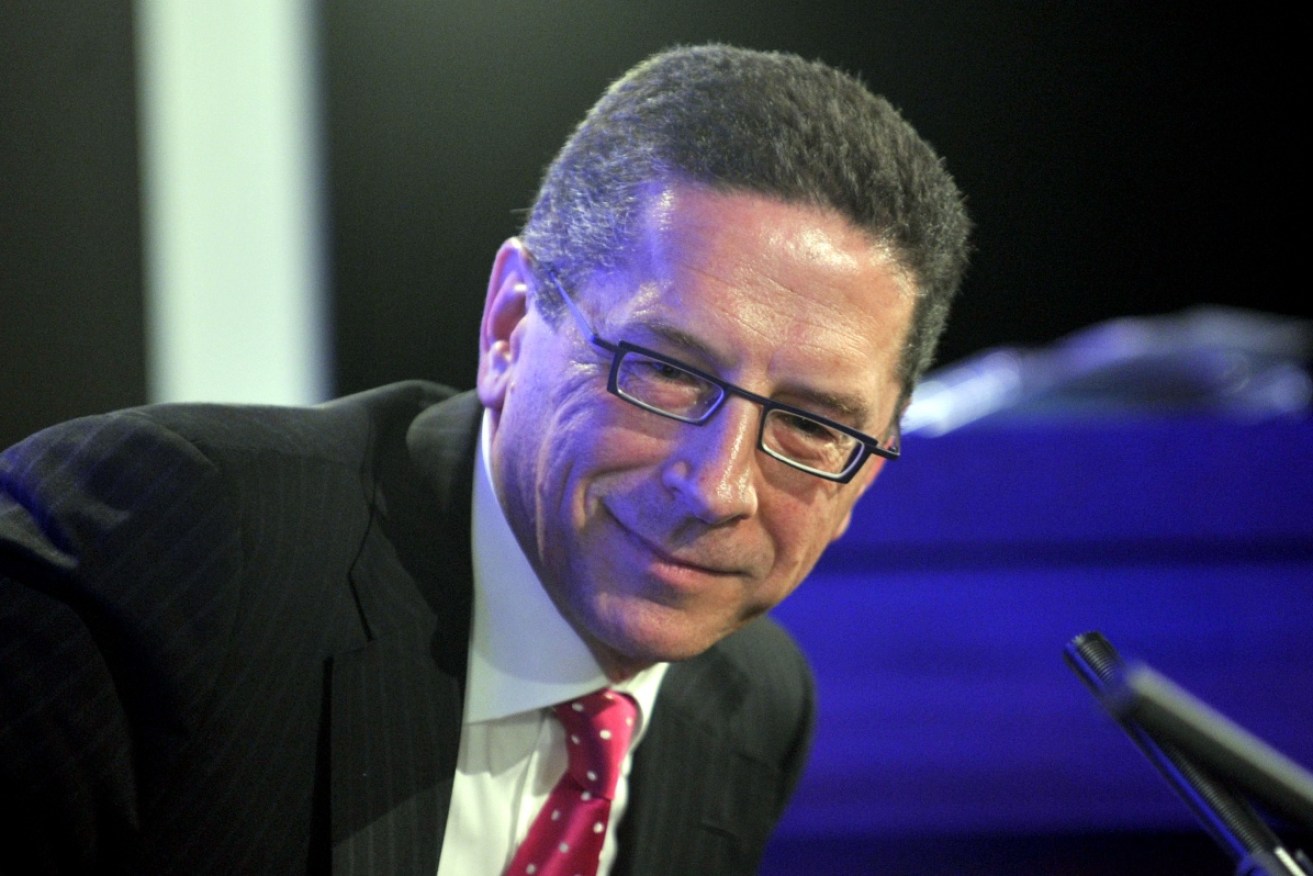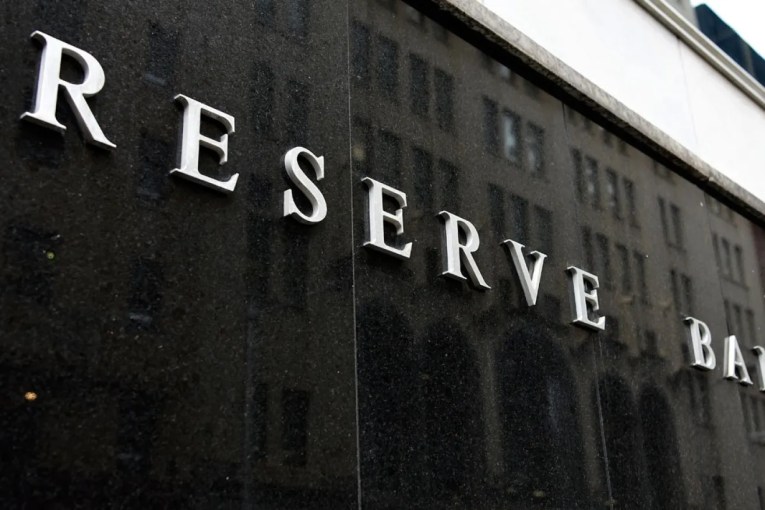Numbers not looking good for Alex Malley as CPA storm reignites CEO salary debate


CPA Australia CEO Alex Malley departed with a $5 million golden handshake. Photo: AAP
Independent senator Nick Xenophon has weighed into the unseemly CPA Australia imbroglio, promising to introduce a bill that will make membership organisations more transparent.
Rebel members of the accounting body have been demanding the resignation of CEO Alex Malley over secrecy surrounding his remuneration, the cost of his relentless self-promotion and the true state of the body’s membership. The board, which has without murmur backed their profligate CEO, is also under pressure to resign en masse.
The Xenophon bill would force membership organisations such as CPA Australia to produce email addresses of members when requested under the Corporations Act.
“Right now a lot of entities know that they are insulated from member or shareholder action by virtue of the prohibitive cost of contacting them all by mail,” the South Australian senator said.
He argues that “the CPA leadership shemozzle indicates that the Corporations Act needs to be brought into the 21st century”. But the CPA fiasco is not just about association politics and legal loopholes.
A self-styled leadership guru, Mr Malley considers himself a member of Australia’s CEO elite. He does his brethren no favours. His behaviour mirrors the greed and arrogance of a corrosive corporate culture.
After much stonewalling Mr Malley has finally revealed that in 2016 he pocketed a salary of $1.8 million. A relentless campaign by dissident members and a long-running series of revelations by the Australian Financial Review’s Rear Window columnist Joe Aston, has forced Mr Malley’s hand.
In addition to Mr Malley’s eye-watering salary, we now know that the mahogany-row payroll at the CPA includes salaries of $900,000-plus for the chief operating officer and company secretary.
Mr Malley’s salary places him just outside the top 100 highest-paid ASX-listed CEOs.
This year’s Financial Review survey of ASX300 CEO remuneration illustrates why CEO salaries are so offensive to the wider community, particularly at a time of record-slow wages growth and brittle consumer confidence. The top 10 salaries range from $8.8 million for Commonwealth Bank CEO Ian Narev to $18 million for Macquarie Bank CEO Nicholas Moore.
It is against this backdrop that Mr Malley feels deserving of a $1.8 million salary for running a not-for-profit member-based association.
In a similar vein, Australia Post CEO Ahmed Fahour saw nothing untoward about applying private-sector remuneration benchmarks to the public sector. Australians were aghast earlier this year when it was revealed that he was on a salary of $5.6 million.
Prior to joining Australia Post in 2010, Mr Fahour was Australian CEO of National Australia Bank. He’s a big talent, but can it really be that a competent CEO for Australia Post could not be found for a fraction of that salary?
Prime Minister Malcolm Turnbull described Mr Fahour’s salary, approved by Australia Post’s board, as “too much to be paid as CEO of a government-owned postal company”. When Mr Fahour steps down in July, his successor’s salary will be set by a remuneration tribunal.
CPA Australia and Australia Post are just two examples of how escalating CEO salaries can have a skewing effect across the economy.
Companies with inflated CEO salaries also force up salaries for senior executives whose remuneration is calculated as a proportion of CEO salaries.
Many small businesses making the transition to mid-size growth companies are finding it difficult to attract experienced corporate executives for CEO roles for what would amount to a pay cut. Similarly, as charities take on corporate structures, salaries for executives recruited from the private sector are straining budgets. Career not-for-profit executives are also benchmarking salaries against the private sector.
Mr Malley was not alone in seeking inspiration from the corporate sector when assessing his worth, a generous evaluation endorsed by a weak-kneed board with its own delusions of grandeur. CPA directors received a total of $1.87 million in fees last year.
Embattled Mr Malley continues to defend his salary and insists he will not resign, but he has lost his biggest supporter.
CPA chairman Tyrone Carlin, after less than a year in the role, has announced his resignation “in the spirit of renewal”. At the body’s AGM in April he twice refused to reveal the salaries of key executives.
As an avid follower of the corporate sector, Mr Malley will know that as a rule of thumb when the chairman resigns, the CEO’s resignation is not far behind.
Leo D’Angelo Fisher is a former associate editor and columnist with BRW and columnist for the Australian Financial Review. He was also a senior writer at The Bulletin magazine.







